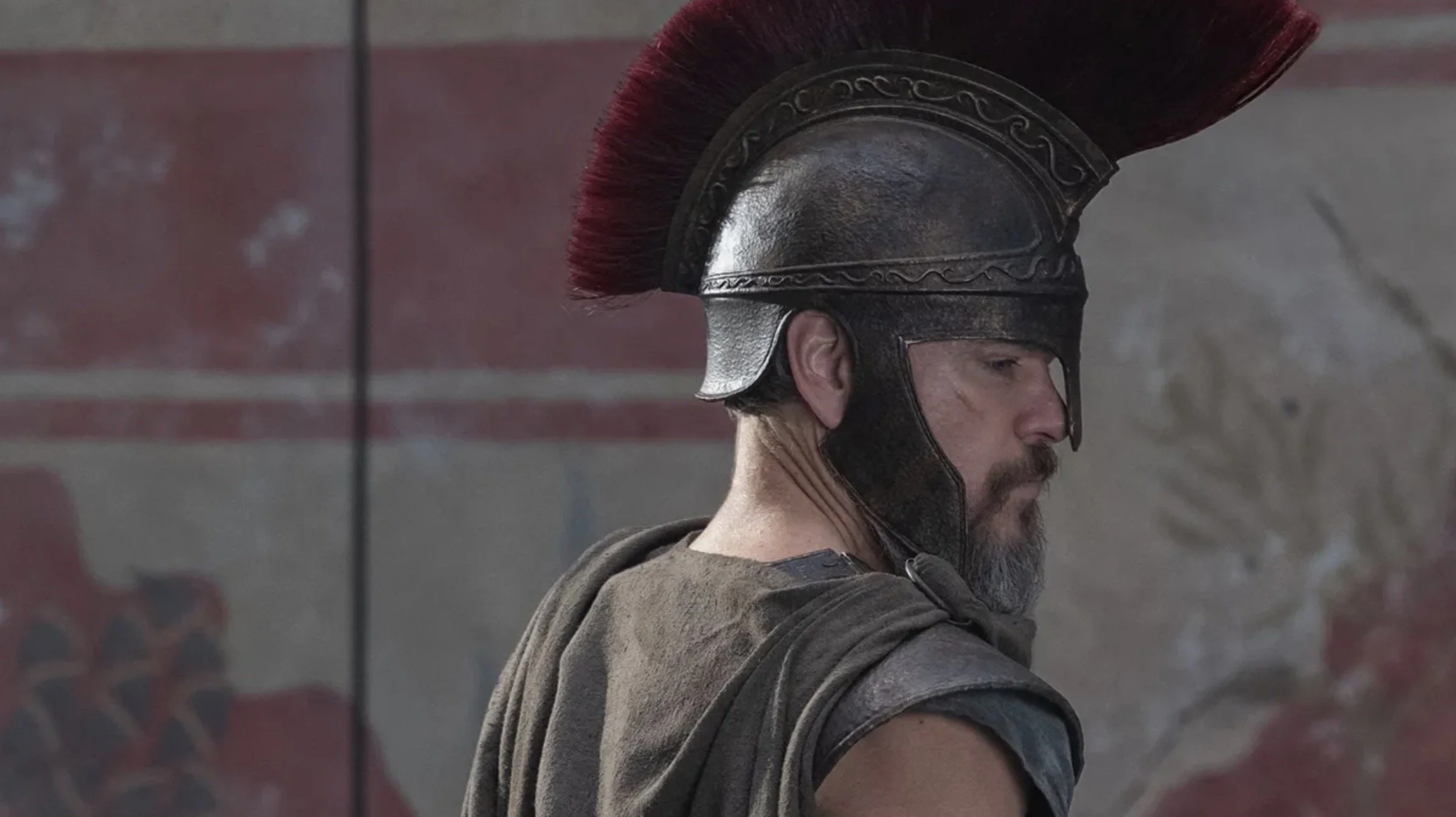Christopher Nolan Under Fire for Filming THE ODYSSEY in Controversial Western Sahara Region
Christopher Nolan, known for crafting cinematic epics like Inception and Oppenheimer, is now at the center of an unexpected controversy. The acclaimed director has come under fire for filming scenes from Universal’s upcoming adaptation of The Odyssey in the disputed region of Western Sahara, specifically near the city of Dakhla, which is an area under Moroccan occupation but recognized by the United Nations as a “non-self-governing territory.”
This part of North Africa is visually stunning with its windswept dunes, but it also carries heavy geopolitical weight. Western Sahara has been under dispute since the 1970s, and while countries like the U.S. and UK have supported Morocco’s claim in recent years, the area is still widely considered occupied territory.
Yet, despite its unresolved status, it has quietly become a go-to location for major productions, including The Wheel of Time.
Now, Nolan’s decision to shoot there has triggered backlash, particularly from the Western Sahara International Film Festival (FiSahara), which operates out of Sahrawi refugee camps in Algeria. In a strong statement, the organization urged the filmmaker and his crew to cease all production in Dakhla immediately.
“Dakhla is not just a beautiful location with cinematic sand dunes. Primarily, it is an occupied, militarised city whose indigenous Sahrawi population is subject to brutal repression by occupying Moroccan forces,” the festival stated.
“By filming part of The Odyssey in an occupied territory billed as a ‘news black hole’ by Reporters Without Borders, Nolan and his team, perhaps unknowingly and unwillingly, are contributing to the repression of the Sahrawi people by Morocco.”
FiSahara expressed concern that the production might inadvertently bolster Morocco’s efforts to claim and culturally reshape the territory.
“We are sure that were they to understand the full implications of filming such a high-profile film in a territory whose indigenous peoples are unable to make their own films about their stories under occupation, Nolan and his team would be horrified,” the statement continued.
The organization went further, accusing Moroccan authorities of using the region for political image-building through cinema.
“Morocco routinely touts Sahrawi cultural expressions as uniquely Moroccan. They created a film festival in Dakhla to counter ours, and produce high-budget films that portray Western Sahara as part of Morocco. However, Sahrawis trying to make films about their lives are persecuted and must work clandestinely and at great risk to themselves and their families.”
Actor Javier Bardem, a longtime supporter of Sahrawi causes, amplified the statement by posting it publicly and denouncing the Moroccan regime’s attempts to rebrand Dakhla. He called out the transformation of the city “by the Moroccan occupiers into a tourist destination and now a film set, always with the aim of erasing the Sahrawi identity of the city.”
Universal has yet to respond to the controversy.
The star-studded The Odyssey boasts a massive ensemble cast including Matt Damon, Tom Holland, Zendaya, Anne Hathaway, Lupita Nyong’o, Robert Pattinson, Charlize Theron, Benny Safdie, Jon Bernthal, Himesh Patel, Elliott Page, Bill Irwin, Samantha Morton, Jesse Garcia, Will Yun Lee, and Corey Hawkins.
The epic retelling of Homer’s poem will follow Damon’s Odysseus as he struggles to return home from the Trojan War, facing mythological beasts and divine trials, while Holland’s Telemachus and Penelope await his return in Ithaca.
The film, which has been shooting in Morocco, Italy, Ireland, and Scotland, is slated for an IMAX release on July 17, 2026.
As the call to halt production gains traction, it remains to be seen how Nolan and Universal will respond to the growing international concern surrounding the shoot in Western Sahara.
